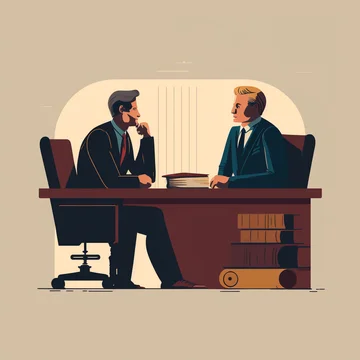
We've written before about how the Court sometimes sets up escalating obstacles for parties who are insensitive to the Court's time and bring too many discovery disputes. In that case, the Court gave the parties "homework" (writing letters to the Court) after their seventh discovery dispute.
In Apple Inc. v. Masimo Corporation, C.A. No. 22-1377-MN-JLH (D. Del.), the Court referred all pre-trial matters up until dispositive motions to Magistrate Judge Hall.
Judge Hall took action after the parties brought what looks like seven discovery disputes. The docket shows the Court's escalating response to the parties disputes:
- June 1 - First teleconference
- June 16 - Second teleconference
- July 7 - First in-person hearing
- July 14 - Second in-person hearing
- August 3 - Third in-person hearing
- September 1 - Fourth in-person hearing; Court warns that future disputes will be charged to trial time
- September 14 - Fifth in-person hearing; Court charges the parties' trial time
Guessing from the docket, it looks like the parties brought a number of rapid-fire discovery disputes starting on June 1. For the third dispute in about a month, the Court increased the friction on the parties by forcing them to come to Delaware to argue the disputes.
That doesn't seem to have slowed them down at all. After three in-person disputes ...







